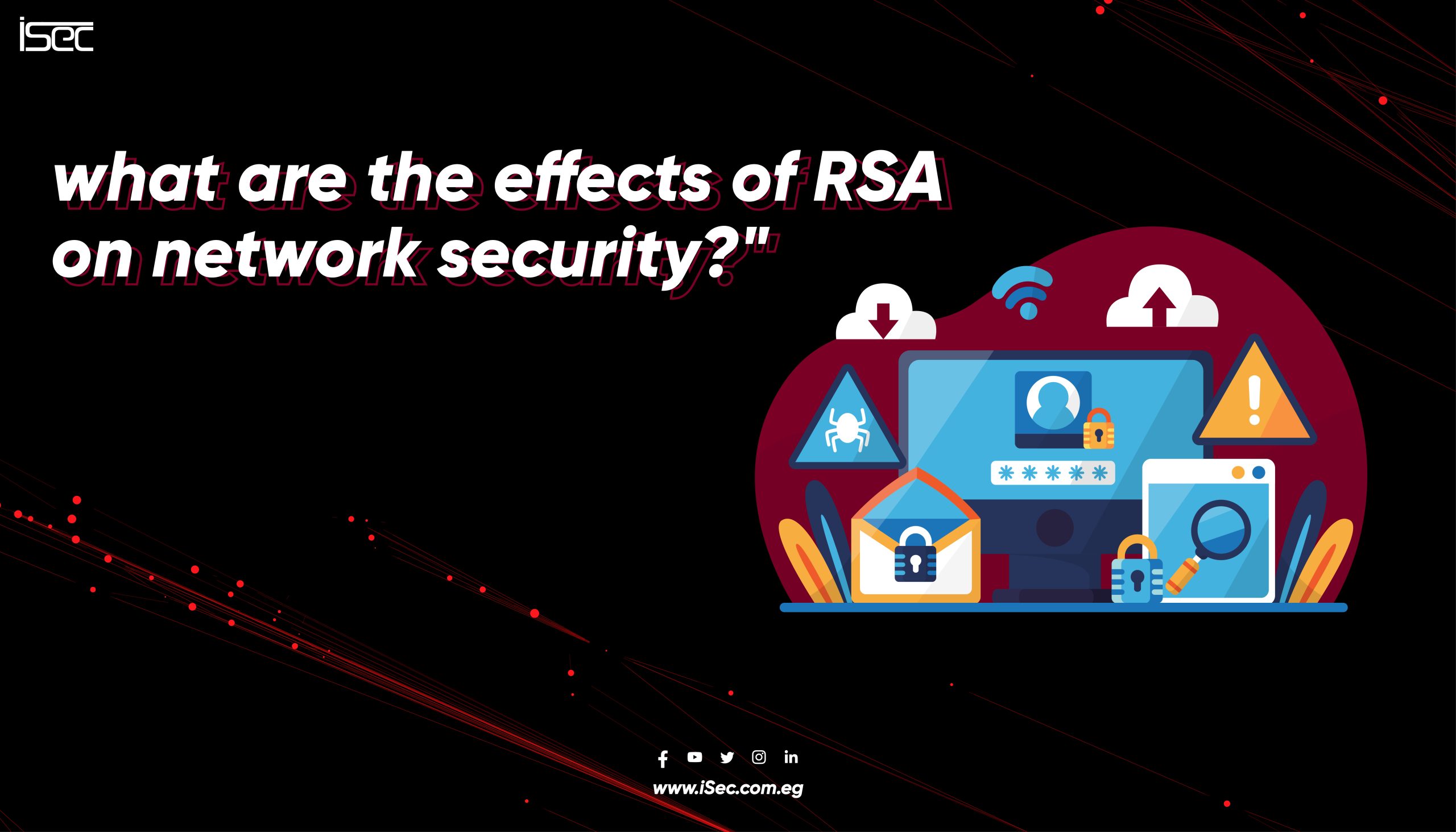
In the realm of cybersecurity, encryption plays a pivotal role in safeguarding sensitive data transmitted over networks. One of the most widely used encryption algorithms is RSA (Rivest-Shamir-Adleman), which has significantly influenced network security practices. In this blog post, we’ll delve into the effects of RSA on network security and its importance in protecting digital communications.
- Enhanced Data Confidentiality: RSA encryption relies on the mathematical complexity of prime factorization to secure data. By encrypting data using public and private keys, RSA ensures that only authorized parties can decrypt and access the information. This process enhances data confidentiality and prevents unauthorized interception of sensitive data transmitted over networks.
- Secure Key Exchange: One of the fundamental aspects of network security is the secure exchange of cryptographic keys between communicating parties. RSA facilitates secure key exchange through its asymmetric encryption mechanism. With RSA, two parties can exchange encryption keys securely over an insecure network, eliminating the risk of key interception or tampering by malicious actors.
- Digital Signatures: RSA is widely used in the implementation of digital signatures, which are essential for verifying the authenticity and integrity of digital documents and messages. By generating a digital signature using their private key, a sender can attest to the origin and integrity of the data. The recipient can then verify the signature using the sender’s public key, thereby ensuring the authenticity of the communication.
- SSL/TLS Encryption: RSA encryption is a cornerstone of the Secure Sockets Layer (SSL) and Transport Layer Security (TLS) protocols, which are used to establish secure connections over the internet. In SSL/TLS encryption, RSA is employed for key exchange, digital signatures, and encryption of data transmitted between web servers and clients. This ensures that sensitive information such as login credentials, payment details, and personal data is protected during online transactions.
- Protection Against Cyber Attacks: By implementing RSA encryption, organizations can mitigate the risk of various cyber attacks, including eavesdropping, man-in-the-middle attacks, and data tampering. RSA’s robust cryptographic properties make it resistant to brute-force attacks and other cryptographic vulnerabilities, thereby bolstering network security and protecting against unauthorized access to sensitive information.
In conclusion, RSA encryption has a profound impact on network security by providing robust data confidentiality, secure key exchange, digital signature verification, SSL/TLS encryption, and protection against cyber attacks. As organizations continue to rely on digital communications and online transactions, the importance of RSA in safeguarding sensitive data cannot be overstated. By understanding the effects of RSA on network security, organizations can effectively mitigate risks and ensure the integrity and confidentiality of their digital assets.



